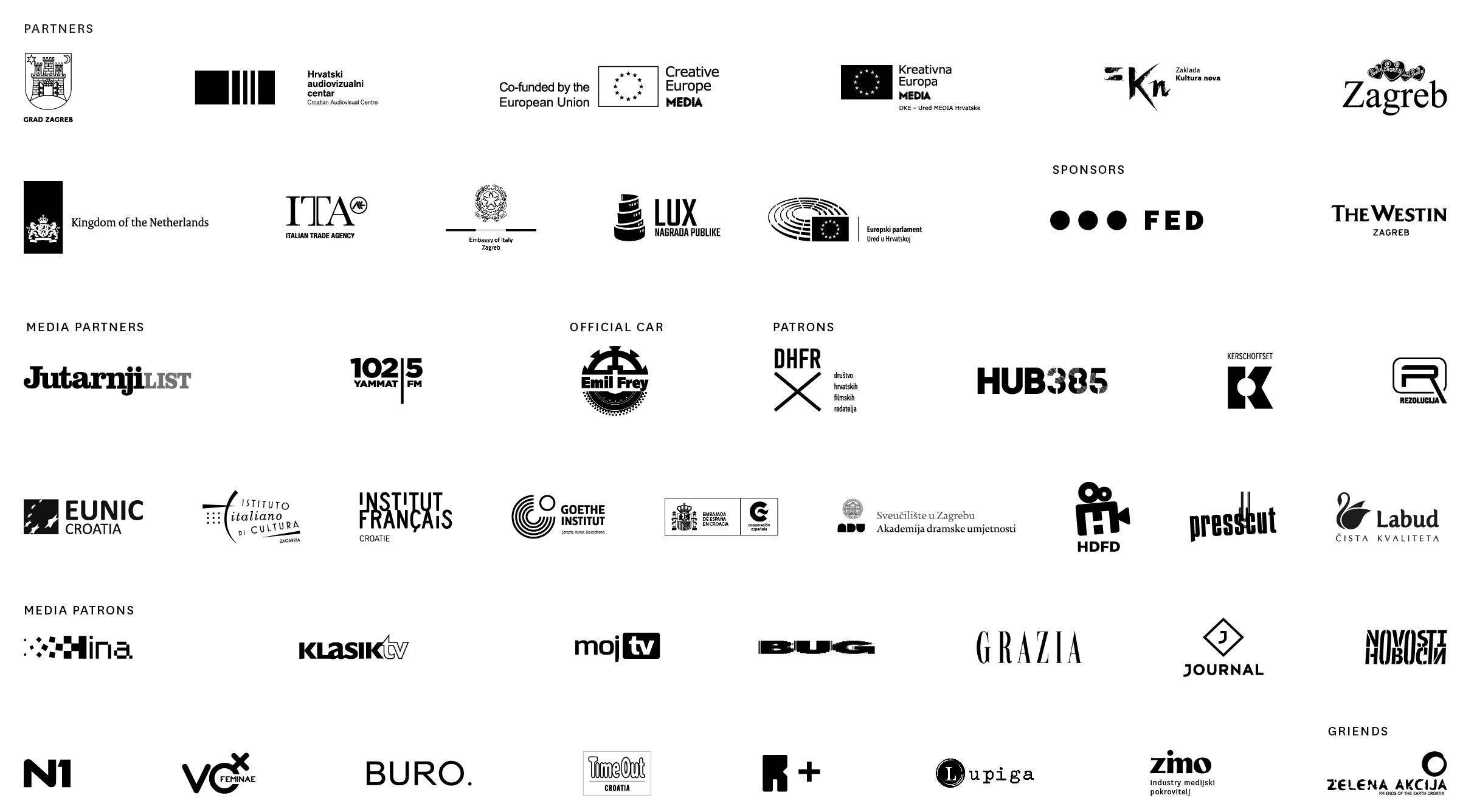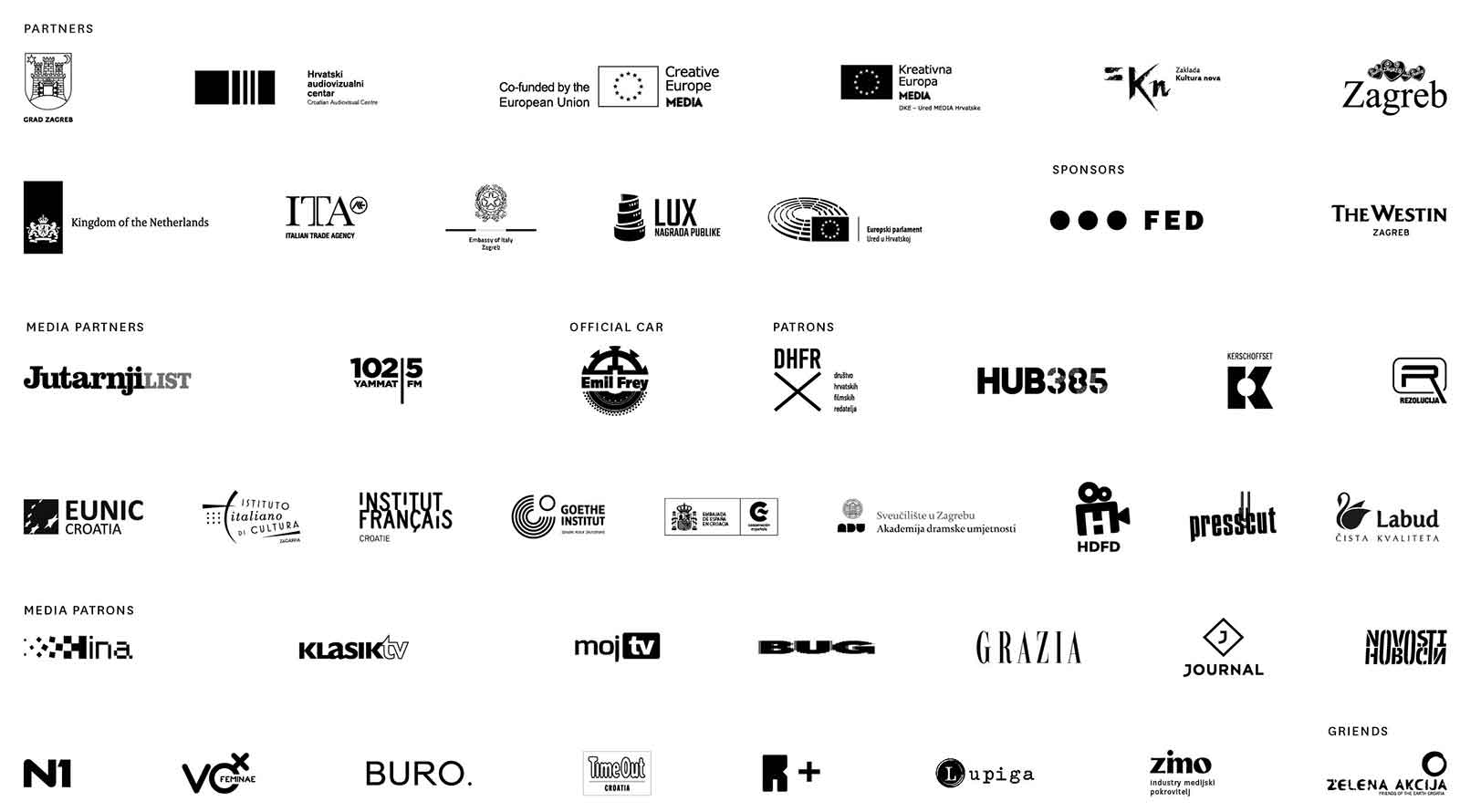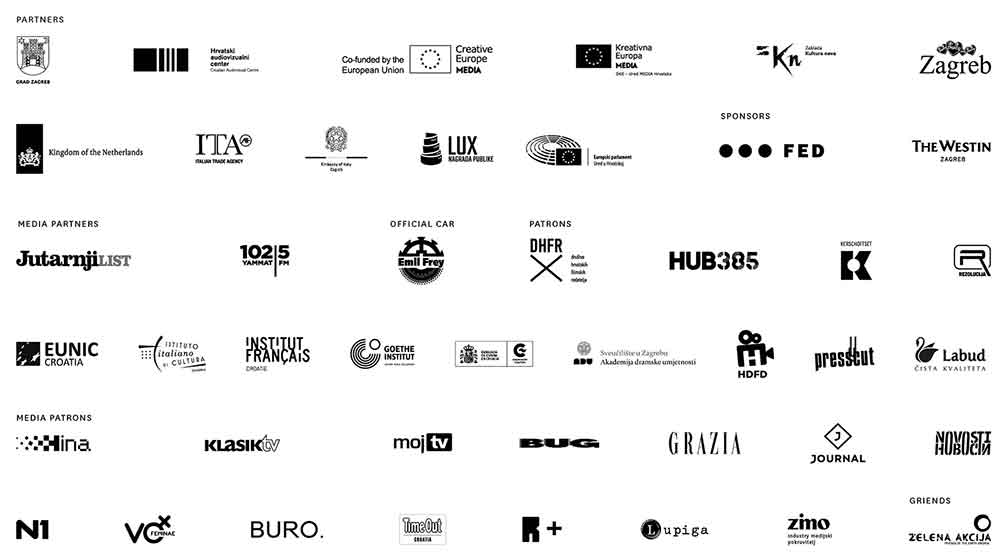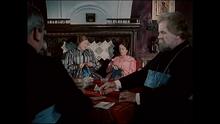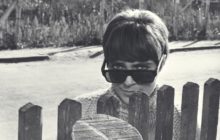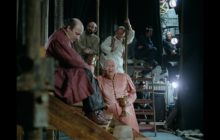Icebreakers – films by authors who opened the Iron curtain and broke down ideological walls
26. October
The 19th edition of Zagreb Film Festival features a few online programs. Among them is the retrospective theme program Icebreakers by program selector Diana Nenadić which will present five Eastern European films made in three Cold War decades, from 1957 to 1986. Connected by the fact they are the first films from this area directed by women, the films show the way these film pioneers laid out for later generations.
The first among them is the comedy film Priest Ćira and Priest Spira (1957), the first Yugoslav color film, based on the eponymous and highly popular novel by Stevan Sremac. The film, which won seven Arena Awards in Pula, was directed by Sofija Soja Jovanović from Belgrade, who will always be remembered as the first female feature film director in Yugoslavia. The funny story about two rural priests’ families whose harmony is disrupted by the arrival of a school teacher who both families want as their son-in-law gives us a comical picture of the Vojvodina province, and afterwards the director made a TV series about it.
The dynamic and picturesque Daisies (1966) by Věra Chytilová, known for her uncompromising and vivid art style, follows two young women who deal with life with refreshing frivolity. Expressive in style, full of color and surrealist symbolism, this film farce reveals a world free of conventions and norms, and at the same time critiques social irresponsibility. The director, who was the only woman in her class at the famous Prague FAMU film school alongside the likes of Jiří Menzel and Jan Němec, is often dubbed as the “first lady of Czechoslovak film”, and her Daisies are considered as one of the greatest films of feminist cinema.
The first feature film by Márta Mészáros, the first female Hungarian director who was also a major award winner, gives us an insight into topics which will mark her oeuvre: lives, identities, and social positions of women, their struggle and liberation from the confines of their surroundings. The Girl (1968) is a story about a girl who grew up in a Budapest orphanage who decides to look for her mother. The lead actress was then-popular Hungarian pop star Kati Kovács.
The Icebreakers program includes one other early film from another great director and Prague FAMU alumni, Polish director Agnieszka Holand. The psychological drama Provincial Actors (1979), which won the FIPRESCI Award in Cannes, is a chronicle of strained theatre backstage relations in a small city near Warsaw, and the discord between the main actor and the visiting director can be seen as an allegory of the political situation in Poland at the time.
The most recent film in the program, the comedy The Last Switchman of the Narrow Gauge Railway (1986) with Bata Živojinović and Zijah Sokolović as lead actors, was directed by Vesna Ljubić, the first woman in Bosnia and Herzegovina who directed feature films. Aged 82, the author who died in April this year studied film directing in Rome, where she was the assistant to the famous Federico Fellini. A well-known documentarist, in her second feature film Vesna Ljubić follows the everyday life of a small town in which social life revolves around a train station. The narrow gauge railway, like a lifeline, is the only point of contact with the world, so when an order comes in to stop traffic on the railway, the inhabitants find themselves in trouble.
Beside the Icebreakers, the audience will be able to see films online from the PLUS program intended for highschoolers, and Festivals in the Spotlight which consists of almost 50 recent short and feature films selected by ZFF program directors and selector of a number of regional and European film festivals: from Sarajevo Film Festival to the Mediterranean Film Festival Split, Ljubljana International Film Festival, as well as Locarno Film Festival, and Clermont-Ferrand International Short Film Festival. Some of the films from other programs, including competitions ones, will be available online after cinema showings. All the programs and films available online will be accessible for the duration of the festival at kinoeuropa.hr and croatian.film sites, and all the information about the conditions and terms will be published soon.
